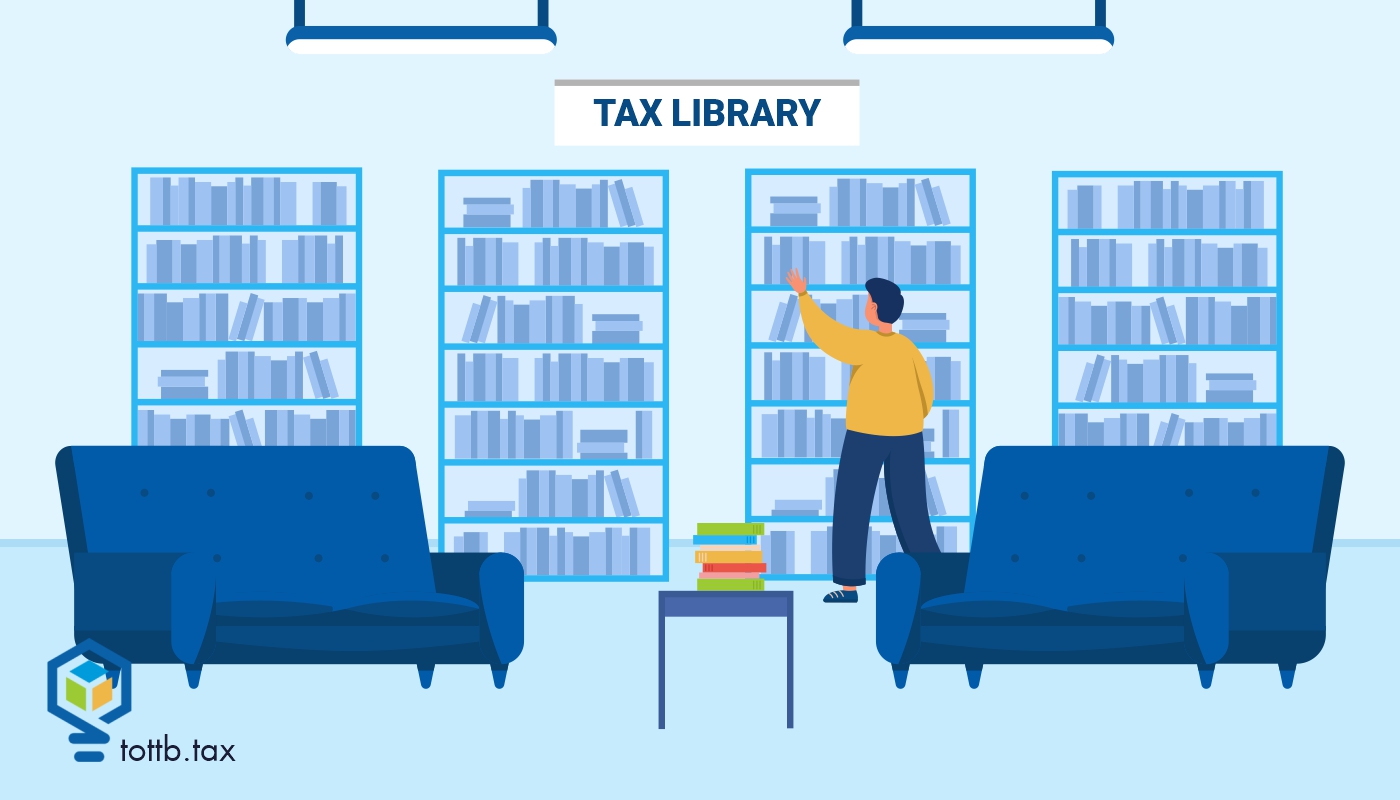Not Another ChatGPT Article…
Yes, another ChatGPT article. Or GenAI, really. Okay, I saw you roll your eyes. Well, not "saw" per se, but I felt it allllll the way from over here.
But honestly, this is for your benefit, not mine! I've already figured out a ton of ways to use it to make my life easier. Yes, that's right, it's made my LIFE easier, not just work. I'm happy to share a little bit about it if you're interested.
Also, before you say (again), "ChatGPT can't do tax returns or tax research. It's a useless piece of technology," - I get it! So much of what we focus on in our practice is the actual work parts. But we are far more than just tax compliance. Or at least we want to be.
Okay, think about it this way - why did you become a tax practitioner? Was it because you wanted to help people? Or was it because you thought, "Oh boy, I sure love to just crank out tax returns for 80 hours a week, three months a year!" I'm guessing it was the former! And I don't know about YOUR tax practice, but mine has gotten far more complicated in the last... 20 years?
Let's think about all of the changes that have happened in just the last five years? (Okay, yes, that's cheating, but I'm going to do it anyway). We've had TCJA, SECURE, CARES, SECURE 2.0, and probably half a dozen more, in addition to new regulations, case law, IRS pronouncements, state tax law changes, etc. And that's JUST with the tax law.
In your practice, consider all of the things that have changed and gotten more complicated. Hybrid and remote work, finding employees, ever-expanding technology stack, one of those fancy new espresso machines with too many buttons, going paperless but still having at least five clients that mail you their documents, trying to determine a niche to offset the additional complexity, figuring out how to market to that niche...
And on and on and on. So, my question would be - why WOULDN'T you want to use tools like ChatGPT to offload some of the work? GenAI came along just in time to address a lot of these issues. And I get it, it's hard to see that the pot is boiling when you're the frog in the soup, but let me tell you - the pot is boiling. Let's get you out of there!
Read More











